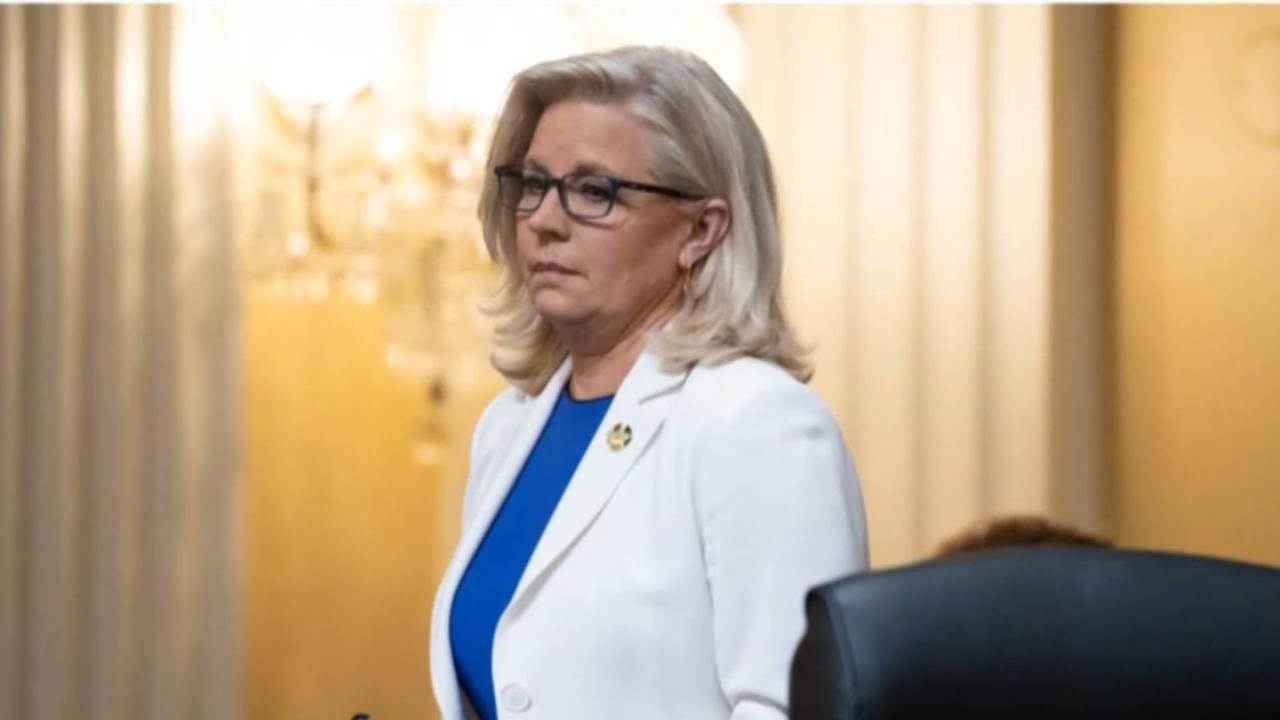In an unexpected and unprecedented move, former Vice President Dick Cheney, a Republican stalwart, has publicly announced his intention to vote for Democratic Vice President Kamala Harris in the upcoming 2024 presidential election. The announcement sent shock waves through the political landscape, raising questions about party loyalty, the current state of American politics, and the implications of such a high-profile endorsement across party lines.
The legacy of conservatism
Dick Cheney, who served as vice president from 2001 to 2009 under George W. Bush, has long been an icon of conservative politics. His tenure was marked by a strong defense of Republican principles, including a strong national defense, tax cuts, and deregulation. Cheney was a key architect of the Iraq War and a leading figure in the post-9/11 war on terror, making him one of the most influential and controversial figures in modern American politics.
Given Cheney’s deep roots in the Republican Party, his decision to support a Democratic candidate — especially a progressive like Kamala Harris — is surprising to many. For years, the Chinese have been a vocal critic of democratic policies, particularly on issues such as health care, taxation, and foreign policy. His endorsement of Harris marks a significant shift in his political calculus and underscores deep divisions within the Republican Party.
State of the Republican Party
The Republican Party has undergone significant changes in recent years, with former President Donald Trump reshaping his platform and priorities. Trump’s populist and nationalist approach to politics has alienated some traditional conservatives, including Cheney, who has been critical of Trump’s influence on the party.
Cheney’s daughter, Rep. Liz Cheney, has been one of Trump’s most prominent Republican critics. He was removed from his leadership position in the House of Representatives after speaking out against Trump’s role in the January 6 Capitol riots and refusing to accept the results of the 2020 election. The Chinese family’s opposition to Trump has put them at odds with the current Republican leadership, which is largely loyal to Trump.
Kamala Harris’ endorsement of Dick Cheney can be seen as a continuation of this rift. It highlights the ongoing struggle within the Republican Party between traditional conservatives and a more populist, Trump-aligned wing. By endorsing Harris, Cheney is making a statement about the party’s direction and dissatisfaction with its current pace.
Why Kamala Harris?
As the first woman, first black and first South Asian vice president of the United States, Harris has broken numerous barriers and brought a fresh perspective to the White House. His background as a prosecutor and his focus on issues such as criminal justice reform, health care, and voting rights have made him a prominent figure in the Democratic Party.
Harris’ endorsement of Cheney is likely based on a few key factors. First, it may reflect their concerns about the future of the Republican Party and the impact of Trumpism on American democracy. By endorsing Harris, Cheney is aligning himself with a candidate he believes can restore stability and integrity to the presidency.
Second, China’s decision may be influenced by its views on foreign policy. Harris takes a more traditional approach to international relations, emphasizing the importance of alliances and diplomacy. This is more closely aligned with China’s own foreign policy philosophy, which advocates a strong US presence on the world stage.
Finally, Cheney’s endorsement could be a strategic move to influence the direction of the Democratic Party. By backing Harris, the Chinese are trying to encourage a more centrist, pragmatic approach to governance, countering more progressive elements within the party.
Implications for 2024
Cheney’s endorsement of Harris is likely to have significant ramifications in the 2024 election. That could sway moderate Republicans and independents who are frustrated with the current state of the GOP but hesitant to support a progressive Democrat. Cheney’s support could also give Harris credibility among voters who value experience and a steady hand in leadership.
On the other hand, Cheney’s endorsement could further polarize the political landscape. Trump-aligned Republicans may use this as evidence that the Chinese family is out of touch with the party’s base, deepening the divide between traditional conservatives and the populist wing. Additionally, some Democrats may view Cheney’s support with skepticism, given his controversial legacy and role in the Bush administration.
The endorsement also raises questions about the future of American politics and the prospects for cross-party coalitions. In an era of increasing polarization, Cheney’s decision to break party lines and support an opposing party candidate is a rare and significant move. It shows that, despite deep divisions in American society, there is still room for bipartisanship and cooperation in pursuit of common goals.
The result
Dick Cheney’s decision to vote for Kamala Harris is a watershed moment in American politics. It indicates deep divisions within the Republican Party and highlights the changing dynamics of the 2024 election. While the long-term impact of Cheney’s endorsement remains to be seen, it is clear that the move will have significant implications for both parties and the future of American democracy.
As the 2024 elections approach, the political landscape is likely to continue to evolve, with unexpected alliances and endorsements shaping the race. Cheney’s support for Harris serves as a reminder that in politics, anything is possible, and that the lines between parties aren’t always as clear as they seem.
Inspired CBS news and read more Article Here
